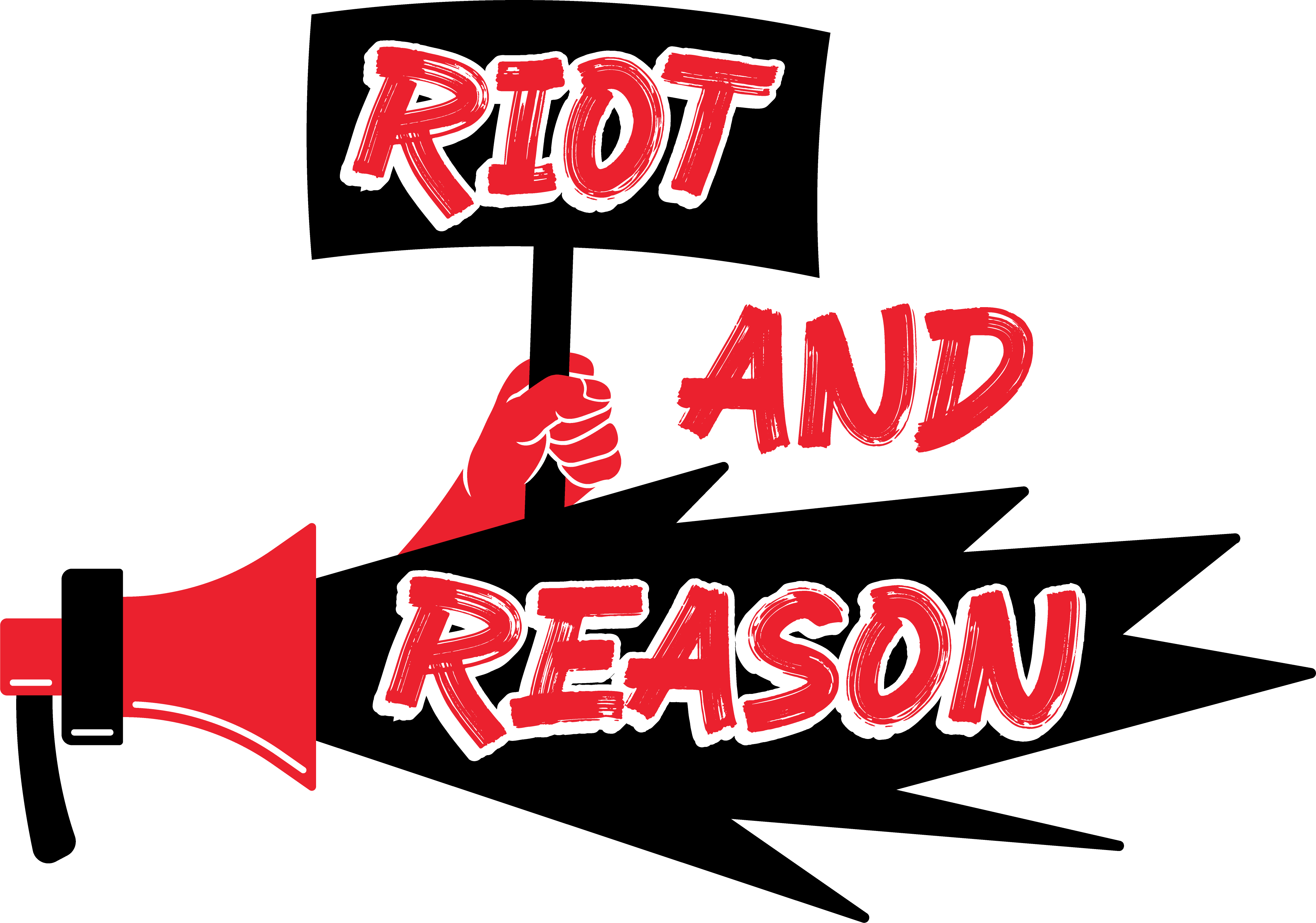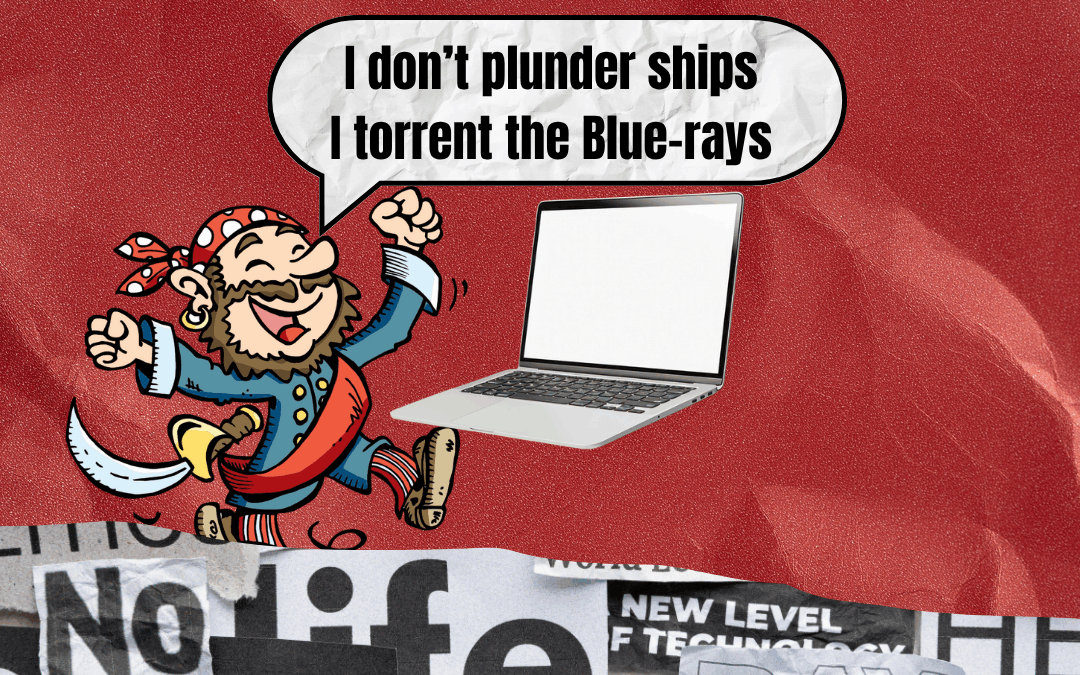
Despite Dion Dublin’s cheerful smile, the funky theme music, and unique British quirk and charm, the slew of property-based programming plastered across daytime television reveals the UK property market’s depressing, miserable and shoddy foundations.
No piece of media demonstrates the depravity of the UK housing market than Homes Under the Hammer. The BBC property show has been a fixture of daytime TV since 2003 and, by this point, has ingrained itself into the very fabric of British culture. The iconic, funky theme music and comforting yet cringeworthy banter among the hosts and participants create a charming narrative that distracts from the very real, underlying crisis affecting so many in the UK. A guilty pleasure that many tune into for entertainment, yet simultaneously a mirror reflecting the ugly truth of our society’s attitude towards housing. This misguided celebration of property flipping masks a painful truth: there are no homes, just opportunities for financial gain.
If you have a job, a social life, or just better things to do than watch daytime TV, Homes Under the Hammer is a show about auctioned fixer-uppers that “anyone” (sure) can buy and renovate. The premise may seem innocuous at first glance. However, as each episode unfolds, so do the stark realities of a housing market that increasingly prioritises profit over people. The nearly ubiquitous response from buyers when asked about their plans for the renovated properties is to rent them out. This recurring answer highlights a significant problem in the market. Because, surprise, surprise, they aren’t homes, they’re investments. And more often than not, the buyers on these shows are those with deep pockets and large portfolios, making homeownership seem an increasingly distant dream for many.
Tom Harding is director at the Renters Reform Coalition, a group of 21 leading housing organisations campaigning to reform the private rental sector. For the last five years, they have been pushing for significant changes to improve the quality, affordability, and security of tenure in privately rented homes.
He said: “That’s being pushed, that’s on daytime TV all the time, and that’s just like imbibing into your head what happens when it comes to housing. It becomes part of the water in which you swim, and you don’t really realise that that’s actually in itself a political view of housing. Dion Dublin’s inoffensiveness contributes to that sense. So yeah, I do think when it comes to mainstream media that is definitely a part of it.”
However, some argue that criticising the show from an everyday buyer’s perspective is unfair.
Robert Pratt, of Pratt Properties in Essex, has been a property developer for a year and a half and is set to appear on the show soon, having purchased and renovated a property in Doncaster.
He said, “You’re not going to get a first-time buyer, for example, going to auction to buy those houses… homes under the hammer, It’s really for people who are experienced, who might be on their third or fourth house…who have a bit of knowledge about what they’re purchasing at auction so they can take risks.”
This is a common defence to the programme’s critics, but the show clearly states otherwise during many of its intros. In fact, in one instance, host Martin Roberts outright states: “You don’t have to be a property developer to buy a property at auction.” His co-host, Martell Maxwell, cheerfully adds, “Anyone can do it. If you want to find your dream home, first home, or start your property portfolio.”
I suppose that’s technically true but having endured far too many episodes of the current series in the name of journalism, I found that only 11 out of 102 properties I saw were kept or bought to live in personally, and of those, most buyers weren’t exactly everyday people. Often, they had significant capital, their parents’ bank account propping them up, or were already successful developers, with one proudly owning 100 other properties.
The show unwittingly highlights the struggles faced by a generation increasingly trapped between rent and unaffordable ownership, and faces criticism for glorifying landlords whilst neglecting aspects such as the quality of tenure and how ordinary people are priced out of the market. However, developers themselves have a different issue with these presentations.
Robert said, “I think it is selling the dream. People aren’t going to watch it unless that’s something that they’re interested in getting into themselves. They watch these things and think, yeah, that’s easy. I could do that maybe one day…
“I speak to a lot of my friends, and they’re like, you’re in property, you’re going to be doing really well for yourself, and they don’t understand that it is basically a job… It’s only when you actually get the experience that you realise that it’s not that easy. Whereas I think a lot of people do think it’s easy, and maybe it is through watching shows like Grand Designs and Homes on the Hammer.”

Over the years, policy decisions have been about as subtle as a wrecking ball when favouring developers and investors. What started as supposed attempts to “stimulate” the housing market quickly became a gold rush for landlords. Enter buy-to-let schemes where investors snap up properties like Pokémon cards while first-time buyers stare at Rightmove listings they’ll never afford.
Tom said, “You have an environment of scarcity at the moment, and the housing systems just seem so unfair for many people. And I think, sadly, some people’s reaction to that is, How can I get ahead, or how can I push down the person next to me to lift myself up? That is really how I see some of these rent schemes. ” James is a property developer in Sheffield, but don’t hold that against him. His journey into the world of bricks and mortgages began in 2003 when he snagged his first property at 28—a three-bedroom house—for the outrageous sum of £40,000. At the time, he thought he was being rinsed. Adorable, considering that the same house today would likely cost over £200,000. According to the Office for National Statistics, the average home in England and Wales, at £282,500, is 7.5 times the average earnings of a full-time employee.
He takes a much more cynical view of the situation, believing that although Tom’s sentiments sound noble, human nature will always lead people to manipulate the laws of supply and demand.
He said: “They have always been assets, and any asset that can make a profit, whether it be fruit and veg or property, people will always get savvy to it.
“There are a few professions that are vilified. They almost see it as greedy, which it’s not if you do it sensitively and look after your tenants; it’s fine,”
Well, he shouldn’t expect any sympathy soon. It turns out disdain for landlords is one thing that unites us across the UK, as rents rise, and the cost of living siphons any remaining goodwill or patience we have left. A YouGov poll says that 54% of Britons hold an unfavourable view of landlords.
The glorification of property flipping in our media can be viewed as a harsh reflection on the failure of these policies, celebrating a game that many are losing—a symptom of a diseased system and Martin Roberts’ terrible puns and ill-fitting suits aren’t doing much to save its reputation.
So, as long as the policy maintains this status quo, we will still have to suffer through this late-game monopoly hellscape. Tom thinks the path to change is through policy.
Tom said: “I think to the extent that we as housing campaigners can begin to change that framework, and that’s by no means an easy task. It would be to our benefit to push for some of the actual policy changes that we need to see.”
“It’s less about what can I demand of someone who’s putting together a TV program, but it’s more about a cultural change so you could imagine a world in which we, as Britain, don’t have that same view of property as homes, under the hammer … So I think asking about what the TV shows can do it from my perspective not necessarily the right question might be more okay as campaigners how can we shift public opinion on this and…obviously it’s a symbiotic relationship but then you’ll start to get media as well that reflects the fact that the views have changed,” Harding said.
The Renters Reform Coalition initially pushed for those changes through the previous government’s renters’ reform bill and is now pushing for the changes through the current government’s Renters Rights Act. One sliver of success has been the banning of Section 21 evictions. Once the renters’ rights bill becomes law, these no-fault evictions, as they’re known, will be banned.
Robert said, “I think if you’re a decent landlord, all the stuff that they’re trying to do to make it fair for the tenant, most landlords would do anyway.”
Although it is a step in the right direction, Tom believes more needs to be done, primarily building more affordable housing.
“You will need many other interventions, I think, most particularly building lots and lots of social housing,” he said.
“It is possible, I think, to make Britain or England at least … a society in which housing is viewed more as a right than an asset. And I think implicit in the fact that these reforms are happening is a degree of shifting of the balance.”
So if we want things to change, we’ll need to work towards a complete renovation of the way we think about property, a significant change in policy, and the building of a lot more homes. Until then, our daytime TV will still be a highlight reel of homes we’ll never be able to own.
To see more stories on the heinous housing situation, click here.






